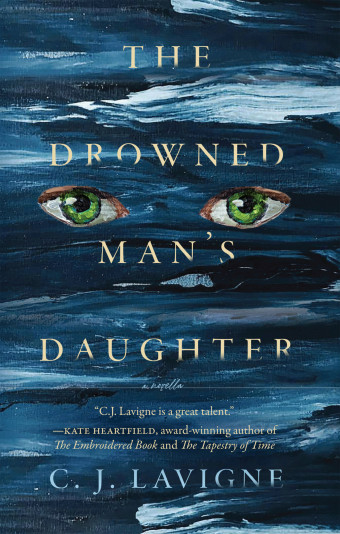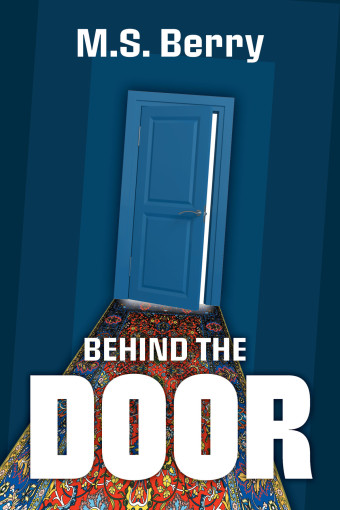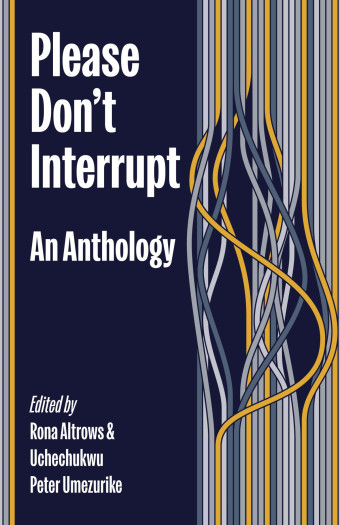Rife with loss, yearning, and betrayal, Zubair Ahmad’s thought-provoking stories delineate the lingering effects of the 1947 Partition. Not only did it leave Punjab divided between India and Pakistan, but it also forced many of its inhabitants to migrate, his parents among them. “I grew up with memories of left-behind homes, places, and a full life,” says Ahmad about the inspiration for his short-fiction collection, Grieving for Pigeons: Twelve Stories of Lahore.

- Grieving for Pigeons
- Zubair Ahmad, Anne Murphy (Translator)
- Athabasca University Press
- $22.99 Paperback, 128 pages
- ISBN: 978-17-71992-81-7
The title of the collection echoes the notion of displacement. “Lahore is a city full of pigeons, but it’s considered a bad omen to displace them,” says Ahmad. “They build nests over the air-conditioning fans of big buildings. People wait till no more eggs or babies are present. Only then are the pigeons removed.”
Written in intimate, lyrical prose, Ahmad’s stories reflect changes in his characters’ attitudes over time, often due to politics. “I was young in the ’70s and Pakistan got its taste of the first democratic government. Then we had a martial law government in 1977 and all freedom, liberty, and openness were gone.”
Some stories deal with male friendship. In “Waliullah Is Lost,” the narrator tells of his friend’s bullying by a teacher. “Bajwa Has Nothing More to Say Now” involves a boyhood friendship that falters because of disloyalty.
Other stories involve changing landscapes. In “Dead Man’s Float,” the protagonist ruminates about neighbourhood houses that no longer exist, except in his dreams. “Sweater” tells of the narrator’s migration to Italy, only to return to Lahore a year later to be with his own people.

Ahmad is a retired English literature professor who taught at Islamia College in Lahore where he currently lives. He has penned three short-story collections, two poetry books, and a collection of essays, all in Punjabi in the Shahmukhi (Pakistani) script.
Ahmad was the 2014 runner-up for the Dhahan Prize for Punjabi Literature for his second short-story collection. He is also the first Pakistani Punjabi author to be translated into English.
Grieving for Pigeons is Anne Murphy’s first book-length translation. Head of the Asian Studies department at UBC, she first met Ahmad in 2014 because of her interest in the Punjabi movement in Pakistan. “His stories appealed to me because of their vivid portrayal of loss and pain,” she says. “It was a joy to read them in the original.”

The translation process was highly collaborative, spanning from 2015 to 2018, and conducted entirely through email and WhatsApp. Even so, there were challenges.
“The Punjabi grammatical structure is much different from that of English,” Murphy explains, “so while I did not want to change a lot from the original, sometimes I had to. As for the idioms, the issue was how to keep the flavour of the original text but make it understandable to an audience not familiar with those idioms.”
Ahmad hopes his stories will be included in South Asian studies courses at university and read by a general audience.
“My stories are about memories of the lost rich culture of Lahore and the Partition of Punjab,” he says. “Many Punjabis in Canada would love to read my stories.”













